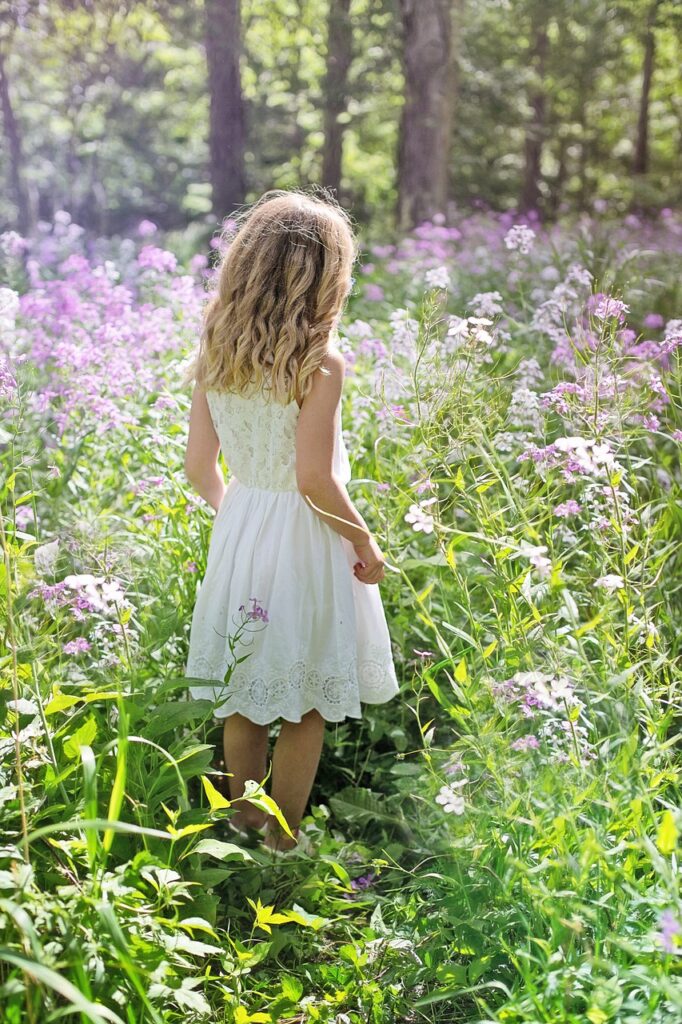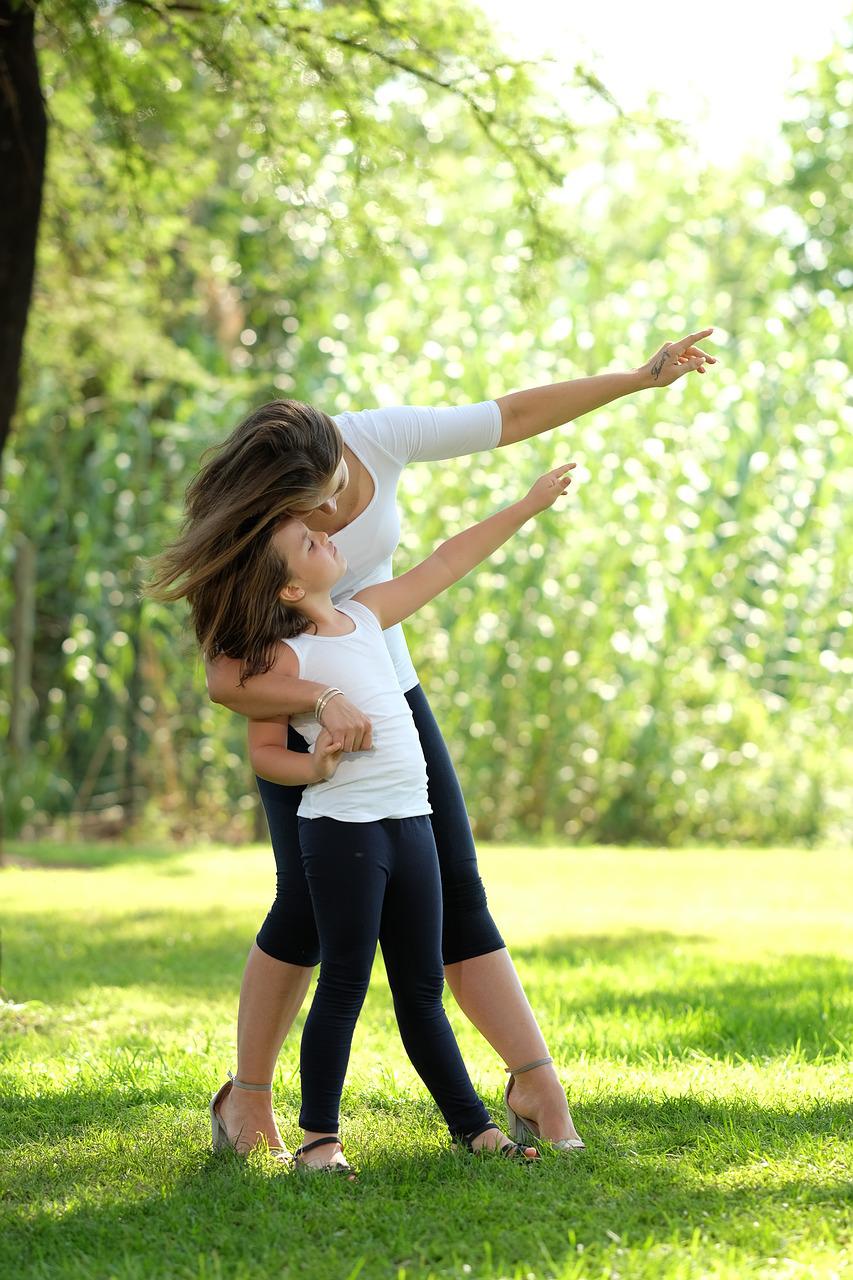Compassionate and Creative Care for Kids
Every child deserves the opportunity to enjoy a happy, carefree childhood. But sometimes, challenges like anxiety, behavioral issues, social struggles, or difficulty adjusting to change can stand in the way. These struggles might leave your child feeling misunderstood, frustrated, or overwhelmed, affecting their relationships, school performance, and emotional well-being.
We use evidence-based, child-centered approaches to help kids better understand and express their emotions, build resilience, and develop healthy coping skills. From art and play therapy to mindfulness techniques and trauma-informed care, we customize our sessions to meet your child’s unique needs.
Therapy isn’t just for your child—it’s for your whole family. By working together, we help you strengthen family dynamics, navigate tough times, and create a brighter path forward.

What to Expect from Therapy
Your child’s therapeutic experience will be as unique as they are. Depending on their needs, we incorporate a range of approaches, including:
- Cognitive Behavioral Therapy (CBT)
- Dialectical Behavioral Therapy (DBT)
- Animal-Assisted Therapy
- Mindfulness Practices
- Family Therapy
- Trauma-Focused Therapy
- Art Therapy
- Play Therapy
- Telehealth Options
Whether you’re seeking in-person sessions or virtual support, we’re here to provide flexible and accessible care for your family.

How to Talk to Your Child About Therapy
It’s normal for kids to feel nervous about starting therapy, but you can help set a positive tone by explaining what to expect in a way they’ll understand.
For younger children, keep it simple:
- “This isn’t like a regular doctor visit—there won’t be any shots or exams!”
- “Your therapist is someone who talks and plays with kids to help them feel better and solve problems.”
- “They’re here to help you—and us—figure out how to feel happier and work through tricky feelings.”
For older children, focus on building trust:
- “Your sessions are private, and your therapist won’t share anything you say unless someone is in danger.”
- “Therapy is a safe space where you can talk about what’s bothering you and learn new ways to handle it.”
- “This is about helping you feel better—not about anyone being in trouble.”
By addressing their concerns and being honest, you can help your child feel more comfortable about starting therapy.
Explore Our Warm and Inviting Spaces
bloom. grow. blossom.
Whether your child needs support for emotional struggles, social challenges, or navigating life’s changes, we’re here to help. Together, we can help your child build confidence, resilience, and the skills they need to thrive.

